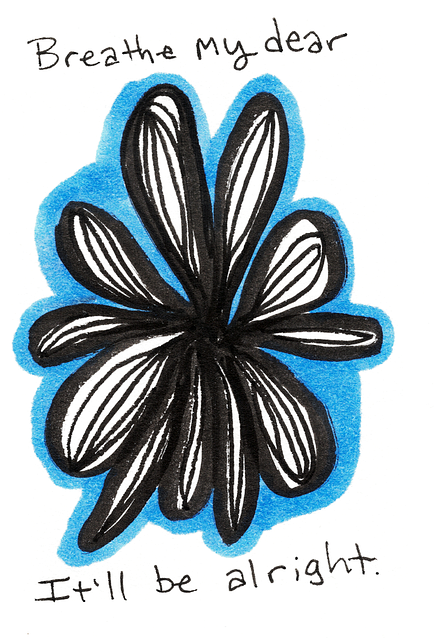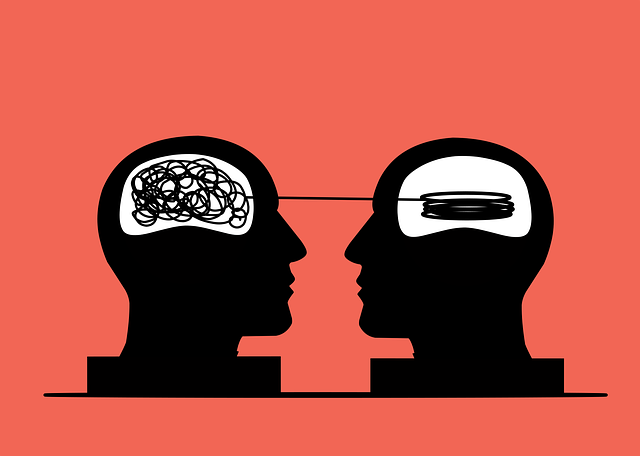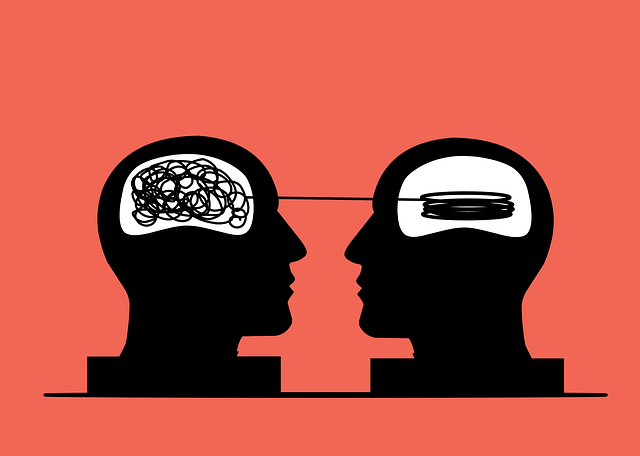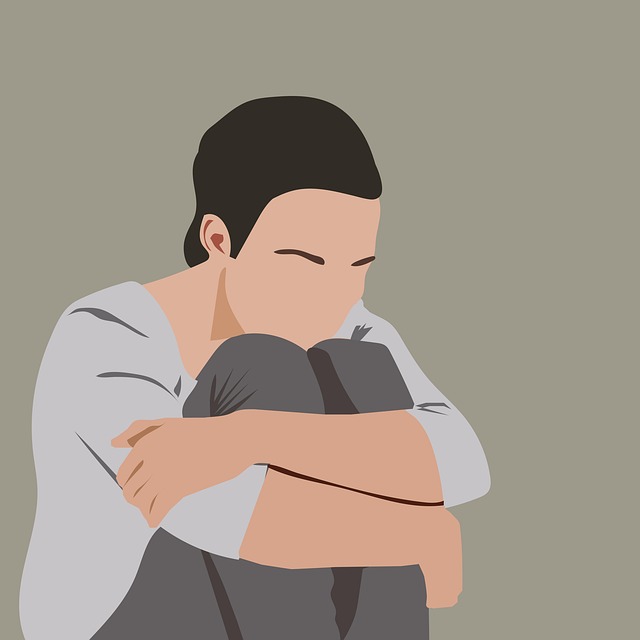Social Skills Training is a powerful therapeutic approach for adolescent teens facing mental health challenges and first responders dealing with high-stress professions. By focusing on emotional intelligence, coping mechanisms, and social interaction, this training enhances well-being, resilience, and communication skills. Personalized programs, including role-playing and journaling, empower individuals to navigate social situations effectively. A supportive environment, coupled with risk management planning and self-care routines, leads to improved mental health outcomes for both teens and first responders, enabling them to support others more efficiently.
Social skills training is a powerful tool in supporting individuals with mental health conditions, particularly adolescent teens and first responders. This article explores the significance of social skills in navigating mental well-being and delves into tailored strategies for effective therapy. We discuss creating supportive environments that encourage lasting positive changes. By understanding unique needs, we can provide targeted interventions, enhancing social interactions and overall mental health for teens and first responders through specialized therapy approaches.
- Understanding Social Skills and Their Impact on Mental Health
- The Unique Needs of Adolescent Teens and First Responders
- Strategies for Effective Social Skills Training in Therapy
- Creating a Supportive Environment for Lasting Change
Understanding Social Skills and Their Impact on Mental Health

Social skills are a crucial aspect of human interaction and play a significant role in an individual’s overall mental health and well-being. For adolescents and teens, especially those facing mental health challenges or trauma, mastering social skills can be transformative. These abilities facilitate healthy connections, improve communication, and enhance their support network, which is vital for managing conditions like depression and anxiety.
In the context of first responders or individuals working in helping professions, understanding cultural competency training within healthcare provider roles is essential. Developing self-care routines and promoting resilience through social skills training can prevent burnout and improve their ability to assist others effectively. By recognizing the impact of social interactions on mental health, therapists and caregivers can create tailored strategies, ensuring better outcomes for clients, especially teens, in their journey towards recovery and improved life satisfaction.
The Unique Needs of Adolescent Teens and First Responders

Adolescent teens and first responders have unique needs when it comes to mental health support. Teens often struggle with self-expression and navigating social dynamics, which can exacerbate existing conditions like anxiety or depression. They may also face challenges related to identity formation and peer pressure, requiring specialized therapy for adolescent teens that fosters positive thinking and empowers them to develop healthy coping mechanisms.
First responders, on the other hand, are exposed to high-stress situations on a regular basis, leading to potential mental health issues such as post-traumatic stress disorder (PTSD). They require tailored support that addresses not just their symptoms but also promotes self-care practices in an often demanding line of work. Advocacy for improved Mental Health Policy Analysis is crucial to ensure these professionals have access to the best therapy for first responders, enhancing resilience and overall well-being.
Strategies for Effective Social Skills Training in Therapy

Social Skills Training is a powerful tool within therapy sessions for adolescent teens and even first responders, aiming to enhance mental wellness. Effective strategies often involve tailored guidance based on individual needs. For instance, therapists can design Mental Health Education Programs that teach coping mechanisms and emotional intelligence—a key aspect of building healthy relationships. These programs encourage self-reflection through journaling exercises, helping individuals process their emotions and understand social cues better. By combining these techniques with practical role-playing scenarios, therapy becomes an immersive experience.
The journey towards better social skills is facilitated by consistent practice and feedback. Therapists can provide regular guidance and support, offering a safe space for clients to learn from mistakes and successes. Incorporating real-life experiences into training ensures individuals develop practical skills applicable to their day-to-day lives, fostering confidence in social interactions. This holistic approach, coupled with the Mental Wellness Journaling Exercise, empowers clients to take control of their emotional well-being and navigate social situations more effectively.
Creating a Supportive Environment for Lasting Change

Creating a supportive environment is pivotal for fostering lasting change in social skills training, especially for adolescent teens and first responders. This involves cultivating a safe, non-judgmental space where individuals feel empowered to express themselves openly. Through compassionate facilitation, participants can build trust, learn to navigate social cues, and develop strategies to manage interactions effectively. A structured yet flexible framework allows for personalized learning, catering to diverse needs within groups.
In the context of mental health conditions, risk management planning is integral to ensuring a secure setting. Mentally well first responders, equipped with robust self-care routine development skills, can better assist others while maintaining their own mental wellness. This holistic approach encourages resilience, enhances communication, and promotes positive outcomes in therapy for adolescent teens, fostering an inclusive environment conducive to growth and recovery.
Social skills training plays a pivotal role in supporting individuals with mental health conditions, especially adolescents and first responders. By addressing their unique needs through targeted therapy strategies, professionals can create a supportive environment fostering lasting positive change. This approach enhances social interactions, builds resilience, and ultimately promotes improved mental well-being for this vulnerable population. Effective social skills training is an essential tool in the arsenal of any therapist specializing in therapy for adolescent teens and first responders.









